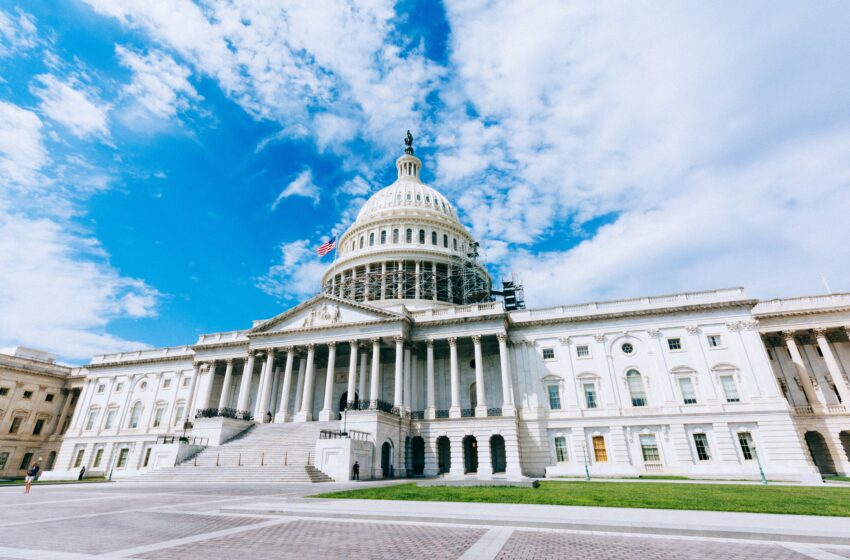In today’s episode, we discuss the recent Senate Judiciary subcommittee hearing on the need for AI regulation. The hearing shed light on the potential harms of AI technology. It sparked a conversation about the creation of a new regulatory body. Let’s dive in!
Over the past decade, the tech industry’s fascination with machine learning has grown exponentially. However, concerns about the potential risks and need for regulation have also emerged. OpenAI’s release of ChatGPT last November intensified the discussion, leading some senators to believe immediate action is necessary to protect people’s rights.
Testimony Before the Subcommittee
During the Senate Judiciary subcommittee hearing, attendees were presented with a disturbing list of ways artificial intelligence can harm individuals and democracy. Senators from both parties voiced their support for establishing a dedicated government agency to regulate AI, which even received endorsement from Sam Altman, CEO of OpenAI.
Altman expressed his concern about the potential harm caused by AI and emphasized the need for external testing of AI models. He proposed that a US AI regulator should be able to grant or revoke licenses for AI projects that meet a certain capability threshold.
While several US federal agencies, such as the Federal Trade Commission and the Food and Drug Administration, already regulate aspects of AI usage, Senator Peter Welch highlighted the challenges of keeping up with the rapid pace of technological advancements. He stressed the necessity of having an agency solely focused on addressing the social and AI-related questions to effectively defend against potential negative consequences.
Senator Richard Blumenthal, the chairman of the hearing, shared similar concerns. He acknowledged the historical difficulty of Congress in keeping up with technological progress. He cautioned that the new AI regulator would require adequate funding to match the industry’s speed and power.
Regulatory Considerations
The hearing also explored alternative regulatory responses to recent AI advancements. One such response required public documentation of AI systems’ limitations and the datasets used to create them, similar to an AI nutrition label. These ideas, introduced by researchers like Timnit Gebru, former lead of Google’s ethical AI team, were discussed as potential measures to address the limitations and dangers of large language models.
Lawmakers and industry witnesses emphasized the importance of disclosure, mainly when people interact with language models instead of humans or when AI systems make critical decisions with life-changing consequences. For example, disclosure requirements could be imposed when facial recognition matches form the basis of an arrest or criminal accusation.
This Senate hearing reflects the growing interest from US and European governments and tech insiders in implementing guardrails for AI to ensure it doesn’t cause harm. Currently being finalized by the European Union, the AI Act categorizes AI systems based on the risks they pose and sets rules or bans accordingly. IBM’s Christina Montgomery, chief privacy and trust officer, suggested that Congress draw inspiration from this approach and consider encouraging self-regulation within the industry.
Industry Feedback on Potential Regulation
While the senators discussed the need for a new AI regulatory agency, some voices cautioned against it. The Center for Data Innovation believes the idea that a single agency regulating all AI must be revised. Instead, they propose updating existing laws and empowering federal agencies to include AI oversight within their regulatory framework.
Hodan Omaar, a senior analyst at the Center for Data Innovation, argues that enhancing existing regulations and addressing overarching data privacy concerns is more pragmatic before considering a new regulatory agency for AI. This approach allows for a more comprehensive and collaborative effort across different communities and use cases.
Alex Engler, a fellow at the Brookings Institution, shares concerns that the US may encounter challenges similar to the ones that hindered federal privacy regulation last year. Engler emphasizes the need for civil society protections for AI and suggests balancing regulation and innovation is crucial.
Throughout the hearing, senators highlighted the potential dangers of generative AI systems, with ChatGPT being a notable example. Concerns were raised about the potential for increased inequality and monopolization. Senator Cory Booker emphasized the importance of establishing clear rules and regulations to safeguard against such risks. In the past, Booker has supported AI regulation and advocated for a federal ban on face recognition technology.
The Senate Judiciary subcommittee hearing shed light on the urgent need for AI regulation in the United States. While the specific details of a prospective agency and its functions needed to be outlined, the conversation has started. The hearing highlighted the importance of balancing regulation, innovation, and the protection of individual rights. We hope you gained valuable insights into the recent Senate Judiciary subcommittee hearing and the discussions surrounding the need for AI regulation.


